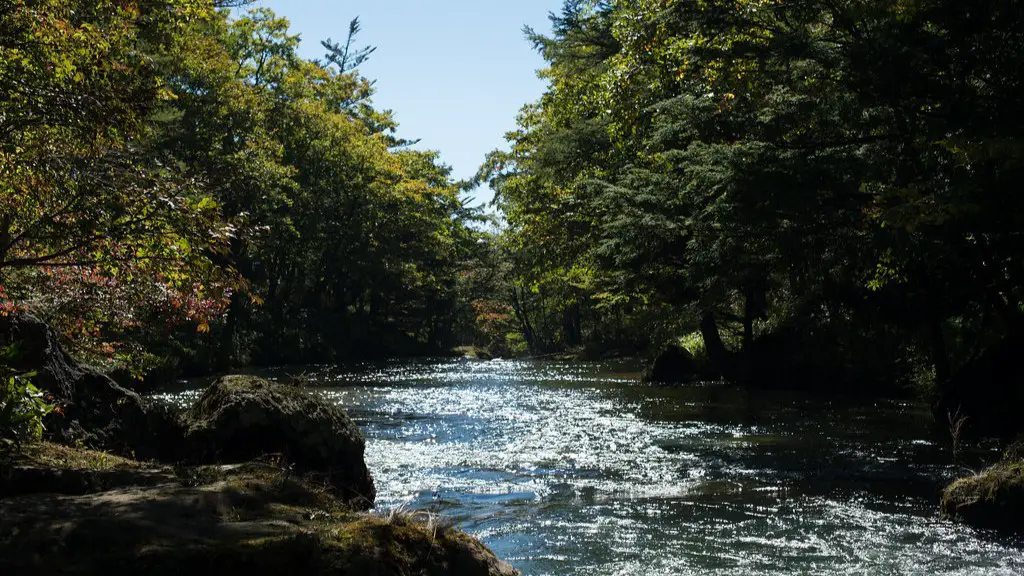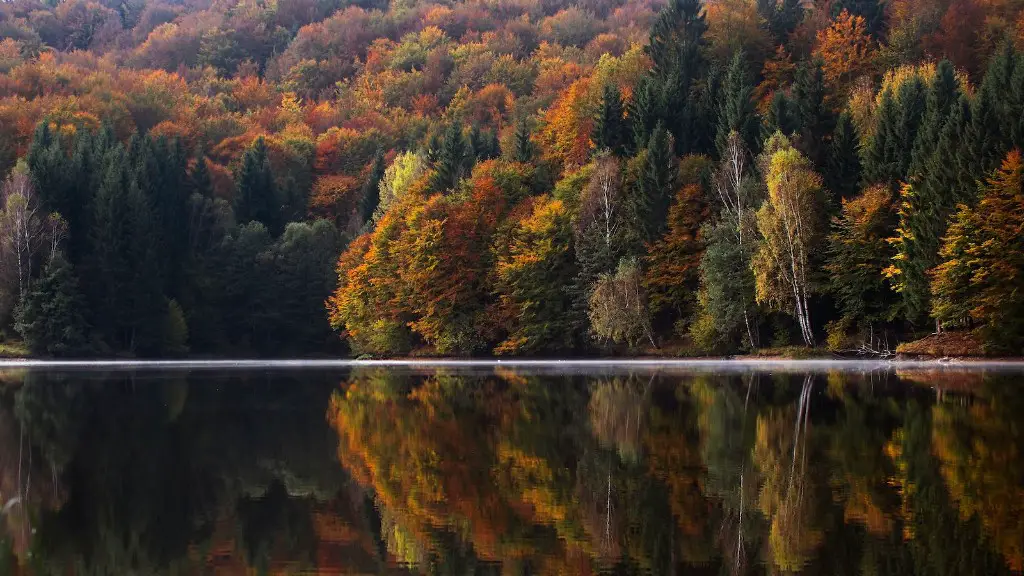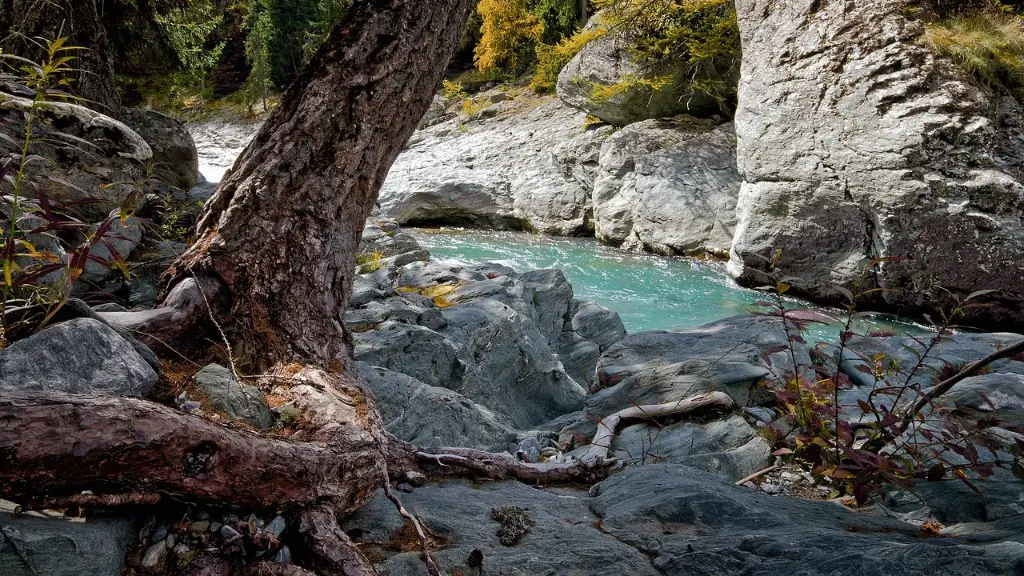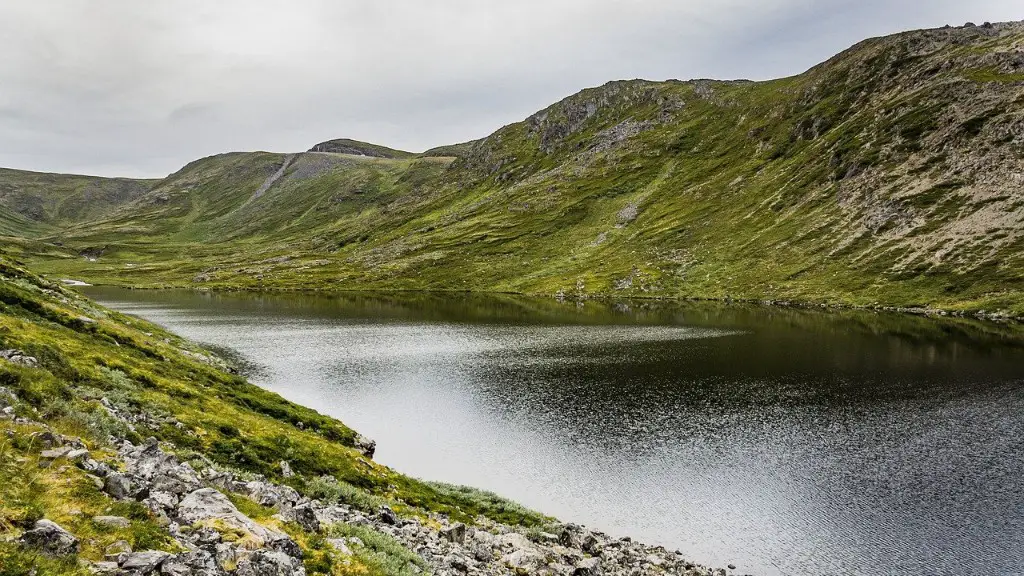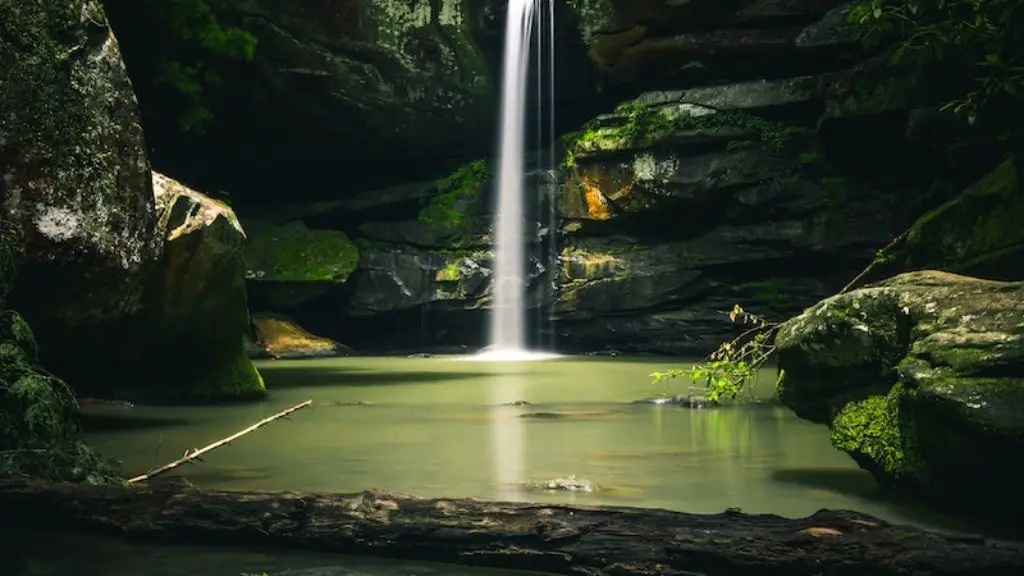The Mississippi Delta is the birthplace of much of the U.S. culture. This large alluvial plain covers the last 350 miles of the Mississippi River before it reaches the Gulf of Mexico. Throughout its long journey from the headwaters of Lake Itasca in Minnesota to the mouth of the Mississippi River in Louisiana, the river has shaped the geography of the Delta region and its people for thousands of years. It is no exaggeration to say that the landscape, culture, history and economy of the United States have been largely shaped by the Mississippi Delta, and it has come to be viewed as an essential part of American identity.
The Mississippi Delta is a unique region located between two unique environments—the grassy floodplain of the mighty Mississippi River and its hardwood forests, cypress swamps, and marshlands. It is a wetland plain, home to a variety of aquatic wildlife and frequently flooded. As the Mississippi River flows south, it builds up an immense amount of sediment that continually replenishes the nutrient-rich soils of the Delta. This alluvial plain acts as an environmental filter, enriching the land and water with nutrients, minerals, and soil-building material.
The Delta is home to a variety of ecosystems, including some of the most productive agricultural soils in the United States. These fertile soils have made the Delta the breadbasket of the South, providing a variety of crops for national and international markets. The Delta is also home to several different oil and natural gas reserves, which provide jobs and revenue for local communities. The region is also home to a thriving fishing industry that supports over 20,000 jobs and brings in more than $300 million in annual revenue.
The Mississippi Delta is also unique in terms of its geography and geology. It is one of the largest deltas in the world, covering an area of more than 22,500 square miles. The Native American mounds of the Mississippi Delta are some of the largest in North America and are an important part of the region’s cultural and historical legacy.
The Mississippi Delta is also an ecological gem. Its wetlands and floodplains provide crucial habitat for millions of migratory birds, fish, and other wildlife. The Delta is a critical link in the Central Flyway, which runs from the Gulf of Mexico to northern Canada. Local efforts and national policies have been put in place to protect and restore the Delta’s uniqueness, and the region is home to both state and national wildlife refuges and sanctuaries.
The Mississippi Delta is also an incredible cultural hub, with a rich music, literature, and food scene. The Delta is world-renowned for its unique regional cuisine and the blues music that originated here, which has gone on to influence musicians around the globe. From classic soul food restaurants to iconic blues clubs, the Delta is a vibrant corner of American culture and a source of pride for many in the region.
The Mississippi Delta is a vibrant and vital part of the United States, and its importance can hardly be overstated. From its vital economic contributions to its vibrant culture and remarkable wildlife habitat, the Mississippi Delta is an integral part of the country’s identity and the fabric of American life.
The Role of the Mississippi River in the Delta
The Mississippi river plays a major role in the Mississippi Delta region. The process of sediment deposition from the river has helped to create the alluvial plain of the Delta and has shaped its landscape significantly. The Delta is located at the end of the Mississippi river, with its levees and backwaters providing an area of slowly-moving water. This slow-moving water helps to replenish the nutrient-rich soils of the Delta and make it one of the most productive agricultural regions in the United States. The river is also an essential part of the region’s ecology, playing an important role in the migration of birds and fish in the area.
The Mississippi river also serves a critical role in controlling the flooding of the Delta. Thanks to the river’s levee system, the amount of water that can enter the Delta from the Gulf of Mexico is strictly regulated. This has helped to reduce the risk of flooding in the region, making it possible for the Delta to remain a thriving agricultural region.
The Mississippi river also serves an important role in the region’s culture and economy. The Mississippi Delta is world-renowned for its unique regional cuisine and the blues music that originated here. It is also home to a thriving fishing industry and numerous oil and natural gas reserves. The river has helped to create numerous jobs in the region and has helped to provide sustenance and a way of life for many of the region’s inhabitants.
The Unique Wildlife of the Mississippi Delta
The Mississippi Delta features a wide variety of wildlife, making it an impressive nature destination for visitors. The Delta is a critical link in the Central Flyway, which runs from the Gulf of Mexico to northern Canada. Over 360 species of birds use the Delta as a crucial stopover on their migrations, and many are threatened or endangered species. It is also home to numerous species of fish and other aquatic life, such as catfish, bass, sunfish, and alligators.
The Delta’s wetlands are also home to a variety of mammals, such as beavers, muskrats, coyotes, and foxes. Mammals such as deer, black bears, and bobcats also inhabit the region, making it an excellent destination for wildlife photographers and nature lovers alike. In addition, the Delta has numerous species of reptiles and amphibians that can be found in the region’s many rivers, canals, and wetlands.
The Mississippi Delta is also home to numerous species of plants and trees, such as cypress and tupelo gum. These trees provide vital habitat for various species of birds and other wildlife. Endangered and threatened species, such as the whooping crane and the ivory-billed woodpecker, rely heavily on the Delta’s environment for their survival. Various state and federal efforts have been put in place in recent years to help protect and restore the Delta’s unique wildlife habitat.
Preservation Efforts for Mississippi Delta
In recent years, state and federal efforts have been put in place to protect and restore the Mississippi Delta’s unique wildlife habitat and cultural heritage. The Delta is home to five different National Wildlife Refuges, as well as two National Park units and four official National Rivers. This has helped to preserve the unique landscape and the habitats of the Delta’s myriad of wildlife species.
Local communities have also worked to help restore the Delta’s unique cultural heritage by preserving its unique music and food scenes. Restaurants, festivals, and live music venues are thriving in the region and drawing tourists from across the United States. The Delta Blues Museum in Mississippi is an excellent example of a local effort to preserve the region’s vibrant cultural heritage.
The Mississippi Delta is also a region of immense natural beauty, and state and federal efforts have been put in place to preserve this beauty. The State of Mississippi has established the Delta Natural Heritage Program, which is working to protect the Delta’s rare plants, animals, and ecosystems. In addition, the U.S. Congress has passed several bills that provide financial incentives for landowners and local communities to preserve the Delta’s wetlands and restore its ecosystems and habitats.
Economic Impacts of the Mississippi Delta
The Mississippi Delta has long served an essential role in the American economy. The region’s fertile soils have made it a breadbasket of the South, providing numerous crops for national and international markets. The Delta is also home to a thriving fishing industry, as well as numerous oil and natural gas reserves. These resources help to provide jobs and revenue for local communities in the region.
The Mississippi River has also played a major role in the region’s economy. As the river flows south, it collects an immense amount of sediment that continually replenishes the nutrient-rich soils of the Delta. This sediment helps to provide the necessary conditions for the region’s rich agricultural sector, which provides a variety of crops for local and national markets. In addition, the Delta’s levee system helps to protect local communities from flooding and thereby allows for the sustained development of the region’s economy.
The Delta has also become an important tourist destination for visitors from all over the world. With its vibrant culture and unique wildlife, the region has a tremendous economic impact from tourism. Local communities have also capitalized on the region’s cultural heritage by establishing numerous music festivals and other events throughout the year. These events draw thousands of visitors to the region, bringing in vital tourism dollars to the local economy.
Conclusion of the Mississippi Delta
The Mississippi Delta is one of the most important and unique regions in the United States. It is an integral part of American identity, and its landscape, culture, history, and economy have been shaped by the Delta for centuries. With its vibrant culture and rich wilderness, it is an important source of pride for many in the region. In addition, its economic contributions are essential to the region and the nation as a whole.
